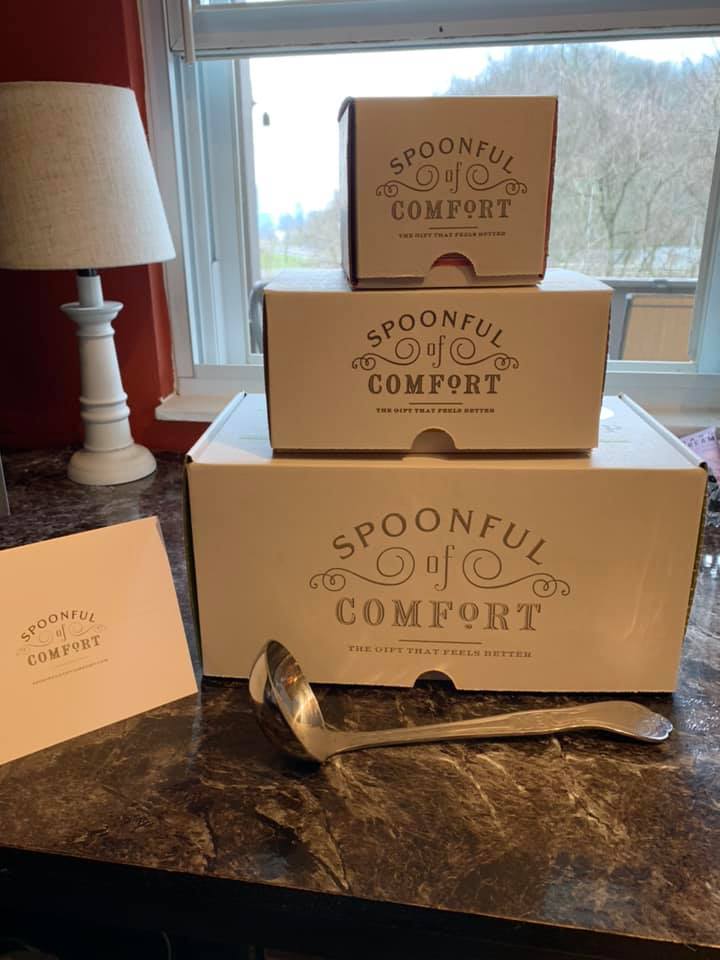Remember when we were worried about attracting, retaining, and engaging our employees in a tight labor market?
It wasn’t that long ago and right before the Coronavirus outbreak crisis. We are now focused on our staff and customer’s health as well as the financial stability and business continuity of our organizations...and rightly so.
But when this is over, and it will be over, and we find ourselves needing to fill position vacancies and engage our employees…what then? What’s that future look like for your organization?
In my experience employees have long and deep memories of how organization’s leaders treat them in the past and present. Their experience with you now, will help them determine what career options they take in the future.
Here are 5 ways to show your employees you care right now:
1. Remember the human
Remember the human aspect of your employees. Perhaps they are scared, bored being at home, or frustrated with having to stay at home. Whatever the case, human first --business second, is a good rule of thumb to remember when communicating with staff during crisis moments.
2. Make supplies available if you can
We all know about the supply challenges such as hand sanitizer and toilet paper during this time. Your employees are mostly likely struggling to obtain supplies needed just to function at home. Consider making your supplies available to employees, if anything at your cost to breakeven.
3. Send care packages
Having a surprise care package arrive can provide comfort at time when being calm reigns supreme towards our mental health. I found this organization A Spoonful of Comfort, a gourmet soup delivery company. I recently ordered a delivery from them for an out of state friend who is ill. These pictures are what she received. If your employees received a care package from you during times of fear, what great way to not only demonstrate that you care about your employees, but also keep your employer value proposition intact during uncertain times.
4. Help them transition to remote work
Transitioning to remote work goes beyond just sending people home. Consider providing tips, and frequently asked questions (FAQ) on how to make the best of working away from the office. Tips on how to use online collaborative tools and set up home offices can go a long way towards minimizing a frustrating experience.
5. Communicate early and often
Unfortunately, a crisis such as the Coronavirus is going to last awhile. A one-and-done communication approach won’t get it done. If people are in the office or not, they will hear rumors or may develop erroneous conclusions about what’s going on. Keep fears at bay by communicating early and often.
Also communicate from a heart of authentic integrity. That means to be vulnerable and truthful. Sometimes just sticking to a made-up script, and one that may not be accurate, can destroy leadership credibility the minute the words are uttered. People we hire are smart and can see right through veiled messages.
If you don’t know the answer, you don’t know the answer. If someone in the workplace is infected with the virus, then that is the fact. But follow up in sincerity with the rapid steps taken to ensure the safety of others.
While these steps may seem simple and non-impactful. But the truth is it is the small things done well and consistently that really makes a difference.
We will continue to provide information and resources to help businesses as they grapple with this crisis. As always we wish everyone good health and wellness.
Latest posts by Tresha Moreland (see all)
- Recession 2008 Versus 2024: Lessons Learned and Key Workforce Differences - April 24, 2024
- Why Layoffs Fall Short: Embracing a Holistic Approach to Cost Savings - April 21, 2024
- Find Your Anchor In A Sea Of Fear - April 18, 2024















